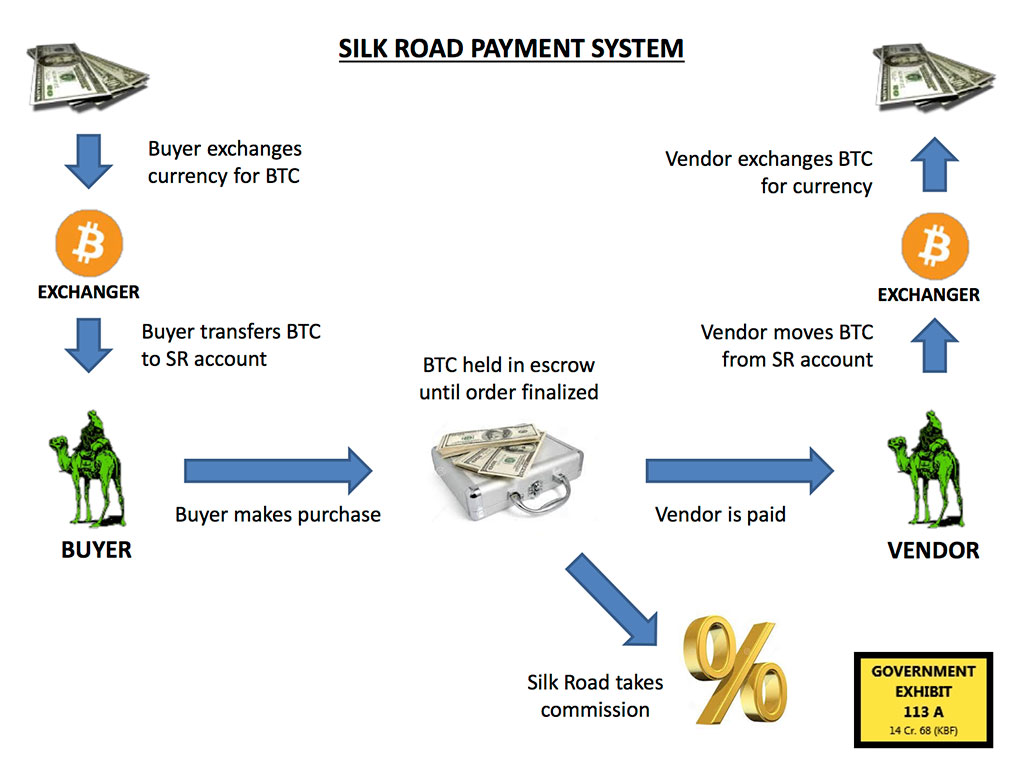Biography and Background
Ross William Ulbricht was born on March 27, 1984, in Austin, Texas. An Eagle Scout and a physics scholar on scholarship, Ulbricht showed early promise in academics. After graduating from the University of Texas at Dallas with a degree in physics, he pursued a master’s degree in materials science and engineering at Pennsylvania State University. His interest in economics and libertarianism grew during this time, leading him towards the world of digital currencies.
Achievements
-
Creation of Silk Road: At the age of 26, Ulbricht launched Silk Road in 2011, a pioneering darknet market that operated on the Tor network, providing anonymity for users. This platform was revolutionary for its use of Bitcoin, which was still in its infancy, allowing for untraceable transactions.

-
Bitcoin Advocate: Ulbricht was an early adopter and proponent of Bitcoin, recognizing its potential for creating a free market outside traditional governmental controls. His implementation of Bitcoin on Silk Road was one of the first major uses of the cryptocurrency in a real-world application, significantly boosting its adoption and visibility.
-
Digital Marketplace Innovations: Silk Road introduced concepts like escrow services and user reviews, which helped build trust in online transactions, particularly in the realm of digital currencies.
What He Did Big?
Ulbricht’s major contribution was the creation of Silk Road, a platform that became infamous for facilitating the sale of illegal substances, but also for selling legal items anonymously. It was the first major platform to use Bitcoin for payments, proving the cryptocurrency’s real-world utility and paving the way for modern digital marketplaces.
Capture and Arrest
-
How: Ulbricht was tracked down through his online activities. Investigators linked his online username “altoid” used during Silk Road’s early days to a forum post where he inadvertently revealed his real email address with his full name.
-
When: On October 1, 2013, Ulbricht was arrested at the Glen Park branch of the San Francisco Public Library. At the time of his arrest, he was logged into Silk Road’s admin panel, which allowed the FBI to seize control of the site.
-
Why: Ulbricht was captured due to the illegal nature of many transactions on Silk Road, which included the sale of drugs, counterfeit documents, and hacking services. The FBI’s investigation was spurred by the site’s growing notoriety and the significant amount of illegal activity it facilitated.
Court Trials
Ulbricht faced trial in the United States District Court for the Southern District of New York. In February 2015, he was convicted on seven charges, including conspiracy to commit money laundering, computer hacking, and conspiracy to traffic narcotics. He was sentenced to two life sentences without parole plus 40 years, a punishment many considered disproportionate given his non-violent crimes.
Incarceration
From 2013 until his release, Ulbricht was imprisoned. During his time in prison, he was recognized as a model prisoner, engaging in educational programs and starting to teach meditation to other inmates. His mother, Lyn Ulbricht, led a campaign for his sentence review and early release, which gained significant traction within libertarian circles and the cryptocurrency community.
Relation to Bitcoin
Ulbricht’s Silk Road was instrumental in proving Bitcoin’s practical utility. By making Bitcoin the exclusive currency for transactions on Silk Road, he not only increased its market value but also its credibility. His case also highlighted the tension between digital freedom, privacy, and law enforcement’s desire to regulate and monitor digital transactions.
Release
-
When: On January 21, 2025, Ross Ulbricht was granted a full and unconditional pardon by President Donald Trump, following a promise made at the 2024 Libertarian National Convention.
-
How: The pardon was announced via a Truth Social post by Trump, emphasizing support for the Libertarian Movement, which had advocated for Ulbricht’s release.
Post-release, Ross Ulbricht is expected to:
-
Reintegrate into Society: After over a decade in prison, his first steps will likely involve re-establishing personal relationships and adjusting to life outside.
-
Engage with the Crypto Community: Given his history, Ulbricht might become an advocate or consultant in the cryptocurrency industry, sharing his insights on privacy, digital freedom, and the potential of decentralized technologies.
-
Advocate for Reform: His experience could lead him to campaign for criminal justice reform, particularly focusing on sentencing disparities and the treatment of Oops.





